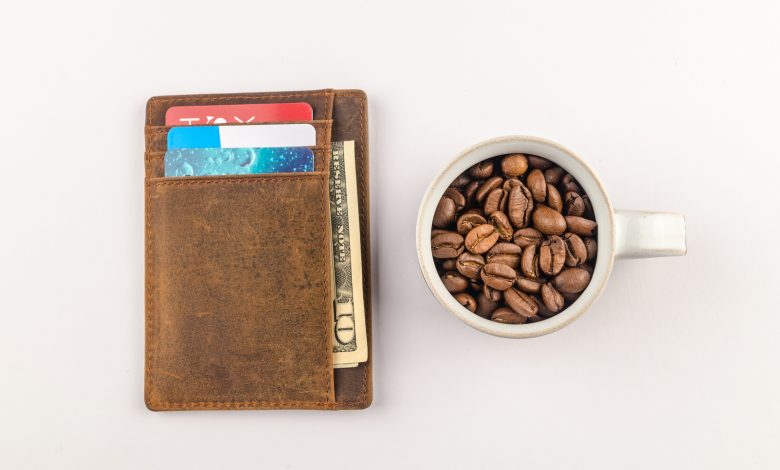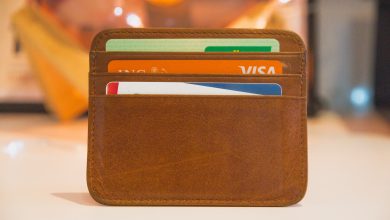Can You Use a Prepaid Credit Card to Build Credit?

In short: No, you can’t use a prepaid credit card to build credit. However, this shouldn’t discourage consumers with a low FICO score. A fully paid trade line works exactly the same way, but the lender reports it to the main bureaus. A secured credit card with a low deposit is even better, especially since issuers cater to users that have a bad score.
Equally as important, a prepaid card isn’t the best way to manage your money, particularly in comparison to other options. This is not to say that it’s useless, but there are many less expensive and more convenient choices.
Firstly, prepaid card holders can earn rewards points and save money on travel or groceries, to name a couple of examples. Secondly, consumers could use a prepaid credit card alongside a secured paid trade line. This helps them manage their payments and risks.
Why You Can’t Use a Prepaid Credit Card to Build Credit
Not Reportable
A prepaid card issuer doesn’t report it to the three main credit bureaus, regardless of whether you go over the maximum balance or not. In other words, this type of card isn’t considered a paid trade line.
Professionals in the financial sector use this term when they reference a credit card account. Since your FICO score is all about your ability to pay back loans on time, a prepaid credit card doesn’t build credit because no one lent you the money, to begin with. In fact, some banks may look at an application negatively if a consumer references one. Why? It shows that the applicant couldn’t get approved for an actual credit card in the past.
For example, a consumer may know that they don’t have the FICO score to qualify for a line of credit. As a result, many people don’t try to get one and mistakingly believe that they can get a prepaid credit card to build credit.
Similarly, a banker could tell an applicant that their score is too low, before conducting a credit check or a hard inquiry. While your report may not clarify that, a prepaid credit card might confirm to a future lender that you had a verbally denied application.
An Expensive Way to Manage Money
Some consumers use a prepaid card for budgeting purposes. To clarify, holders only deposit a certain amount, such as a shopping budget, to ensure that they don’t overspend.
Since different retail shops and other sellers issue their own prepaid card, this makes money management even more simple. Yet it also makes things expensive and relatively inconvenient. Firstly, a debit card and a new checking account have lower fees and, just as importantly, last longer. You can use them anywhere, too. Store-specific prepaid cards require you to pay a fee when you use it at unlisted locations.

The average checking account costs $7.38 per month if you open one through one of the biggest ten banks in the US. The minimum deposit is just over $40. Credit unions offer even more affordable checking accounts, with a monthly fee that averages about six dollars per month.
A prepaid credit card, on the other hand, tends to cost ten dollars. Debit cards and checking accounts also last longer. Most consumers use the same debit card/account for 16 years. Prepaid credit cards have an average lifetime of less than one year.
All of this translates to fees. Consumers incur them whenever they open an account, cancel their card, or request a paper statement. In fact, the average prepaid credit card costs $300 per year. Some applicants, including college students and those with a bad FICO score, lock in a secured credit card with a low deposit, which is a more than ideal scenario.
Building Credit: Alternatives
Depending on what your FICO score is, there are a couple of options that you should consider. If that figure is over 500 or, at minimum, the high 400s, a credit union might be worth a shot.
Credit Unions and Your FICO Score
Their credit cards cost half as much as a bank-issued one. Credit unions charge lower account fees and late payment charges. They are also more likely to approve and work with consumers who have a bad credit score. Even if they reject an application, these financial entities will probably offer valuable guidance and advice to customers.
Above all else, credit unions’ cards have a much lower interest rate, which is about 9.4% on average. Banks, meanwhile, charge 12.24%.
A Paid Trade Line or a Secured Credit Card With a Low Deposit
Another option is to use a paid trade line. Just as with a prepaid card, users would put down a deposit and secure the card. Some issuers will ask for half of the amount, but others may require you to deposit 100% of your line of credit. The percentage is tied to your credit score.
Certain aspects, such as debts and other trade lines, also impact this. Those with a low debt-to-income ratio may get a secured credit card with a low deposit. For instance, a financial firm might issue the consumer a $300 credit card for only $50. The lender refunds the deposit after the card holder pays on time for several consecutive months.
If your FICO score is low or when you have multiple open trade lines, an issuer may prefer a much larger deposit. At times, it equals the full amount. In other words, if they give you a $400 credit card, the bank/financial firm will ask for a $400 deposit. Just as a secured credit card with a low deposit, issuers give customers a refund when they pay on time.
The downside, of course. is that a fully paid trade line is risky. That is to say, the bank or credit union could take all of the deposit when a consumer makes a late payment.
These policies vary from one firm to another, but credit unions are more lenient. Nonetheless, you could use a prepaid credit card to build credit indirectly, mainly to fulfill a paid trade line. To clarify, you make the monthly payments through the prepaid card. This is one benefit to using this type of account.
The Benefits of Prepaid Credit Cards: Savings and Rewards
Some issuers will give you a prepaid card. After that, whenever you use it, they add points to your account. When they accumulate, card holders can redeem the points for free or discounted gas, groceries, and travel bills.
Each bank or credit union has its own policies. However, different types of companies, ranging from airlines to grocery stores, offer rewards credit cards. This includes prepaid ones. Consumers could pick the type that they need most, such as a gas points program for frequent vehicle commuters.

The discounts and rewards, alongside linking it to a paid trade line, are amongst the few benefits of using a prepaid card. Other than that, the fees are expensive, especially in comparison to a traditional debit/checking account.
Many consumers with a low FICO score may find more luck at a credit union. A paid trade line is another option. An issuer might approve you for a secured credit card with a low deposit requirement.
Of course, let’s not forget, you can’t use a prepaid credit card to build credit. This makes its advantages even more limited.
You shouldn’t worry about your credit score, there are many ways to establish one. After all, if you had the deposit for a prepaid card, getting a paid trade line is just as easy, but it builds your credit.



